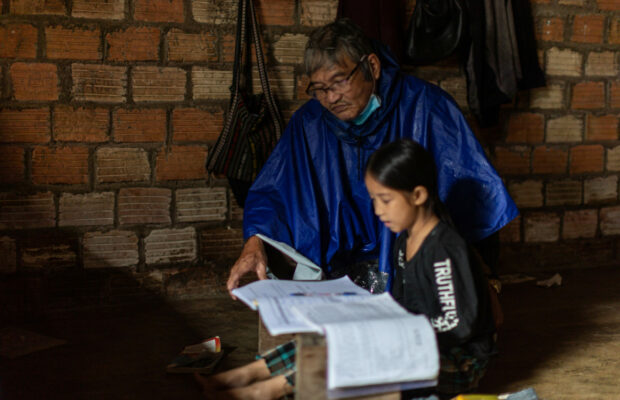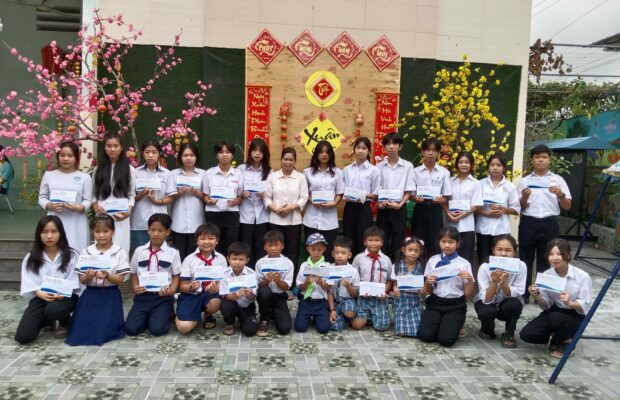
Closing the Gap: Boosting Healthcare Education Initiatives for a Healthier Vietnam
Addressing the Funding Gap
To address this issue, it is imperative to establish mechanisms supporting and sustaining nonprofit organisations in Vietnam’s healthcare education sector. This includes developing partnerships with international funding agencies and philanthropic foundations dedicated to improving healthcare access.
Additionally, the government can play a vital role by allocating funds specifically for these organisations or creating tax incentives for individuals and businesses that contribute to their cause. With financial support, nonprofit organisations can have more necessary resources to enhance access to healthcare and promote inclusive services for individuals with disabilities and chronic illnesses throughout Vietnam.
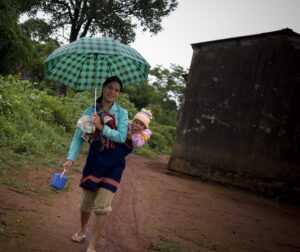
Promoting Inclusive Healthcare Education

Bridging the gap for individuals with disabilities and chronic illnesses in Vietnam requires a focus on promoting inclusive healthcare education. By focusing on this sub-topic, we can address the specific needs of these marginalised communities and ensure that they have equal access to quality healthcare services.
Firstly, healthcare professionals must receive comprehensive training on disability and chronic illness management. This includes understanding the unique challenges faced by individuals with disabilities and chronic illnesses, as well as developing appropriate communication skills to effectively engage with them.
Additionally, educational initiatives should be implemented to raise awareness among the general population about the rights and needs of individuals with disabilities and chronic illnesses. This can help reduce social stigma and discrimination, fostering a more inclusive society where everyone has equal opportunities for healthcare. Collaboration with relevant stakeholders such as disability organisations, advocacy groups, and community leaders is also vital.
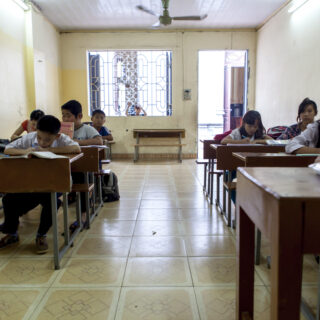
Nonprofit organisations play a crucial role in promoting inclusive healthcare services. By organising training programmes, workshops, and seminars, these organisations help empower communities and educate healthcare providers on disability-inclusive practices, ensuring they are equipped with the necessary skills to deliver quality health services.
Moreover, nonprofits also prioritise educating individuals with disabilities and chronic illnesses themselves, providing tailored materials on self-care techniques, disease management strategies, and available support systems. By equipping patients with knowledge, nonprofits enable them to actively participate in their own healthcare decisions and advocate for their rights.
Building a Sustainable Future: Investing in Funding for Healthcare Education Initiatives
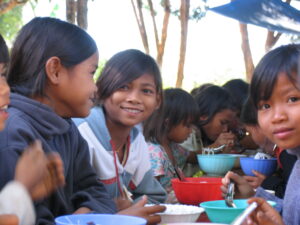
Investing in funding for healthcare education initiatives is crucial for building a sustainable healthcare future in Vietnam.
By focusing on healthcare education, access to quality services for individuals including those with disabilities and chronic illnesses will be enhanced. This involves promoting inclusive practices within educational institutions, training healthcare professionals, to understand the unique needs of individuals with disabilities and chronic illnesses. By providing targeted education and training programmes, healthcare providers are equipped with appropriate knowledge and skills necessary to provide inclusive care.
Additionally, investing in research and development is vital for advancing healthcare services. Allocating funds towards medical research initiatives will lead to the discovery of innovative treatments and interventions that can improve the lives of individuals with disabilities and chronic illnesses.
Children of the Mekong are among how we can support children. Child sponsorship is crucial in providing education and vocational training for substantial and sustainable employment, especially for children in marginalised or vulnerable populations.
Children of the Mekong responds to needs encountered, whether they be social, academic, or economic, mainly through the sponsorship of children. A sponsored child receives monthly support from his sponsor, which allow them to continue their education.


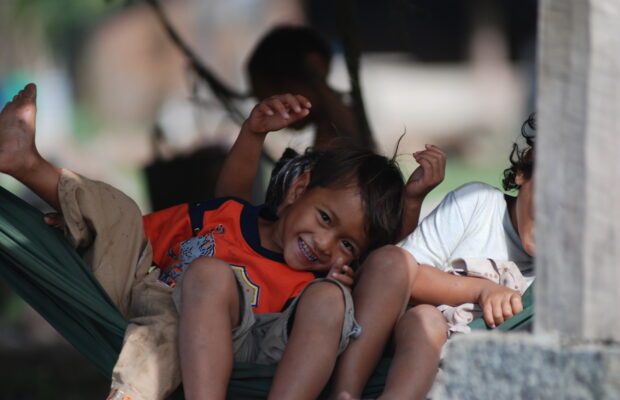
Closing the Gap: Boosting Healthcare Education Initiatives for a Healthier Vietnam
Author: Shi Xian Vietnam faces a notable funding gap in its healthcare education sector, impacting nonprofit organisations which play a crucial role in promoting […]

Transforming Deaf Education in Vietnam: The QIPEDC Project Success
(*QIPEDC: Quality Improvement of Primary Education for Deaf Children Project) Author: Shi Xian
